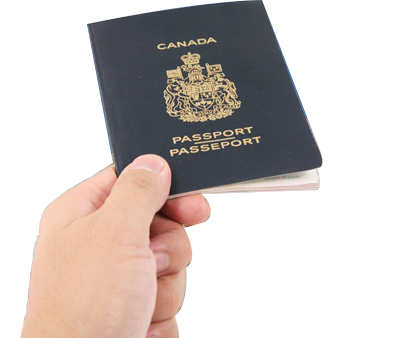A lack of conviction does not mean a lack of documentation, and may lead to unwanted surprises. Permanently destroy arrest records to protect your future and get on with your life. Everything from fingerprints to arrest details are public information until you make the decision to destroy your records. Start a new chapter in your life today.
Record Destruction is your smart solution for handling non-convicted arrest documents that may pop up later in life. Regardless of whether or not you were convicted, there is still documentation that could stay with you forever. Accessible to the public and detrimental to your future, these minor infractions have potential to tarnish your reputation permanently.
The case workers at Canadian Document Services will aid you in the important first steps of ensuring a confident, confidential future. Start the fast, free qualification service today, and let us help you create a brighter future for tomorrow.


You must have been convicted of an offence, as an adult in Canada, under a federal act or regulation of Canada OR convicted in another country and transferred to Canada. Exceptions to this rule can be found at: Exceptions: www.laws-lois.justice.gc.
1) You must complete your sentence of imprisonment, your period of probation and the payment of any fines imposed for your summary offence or indictable offence.
2) When the Board receives your completed application, they will:
(a) You are later convicted of an offence referred to in paragraph 4(1)(b) of the Criminal Records Act, other than an offence referred to in subparagraph 7.2(a)(ii)
(b) The Board decides that you have no longer displayed good conduct
(c) You have knowingly made a false or deceptive statement in relation to your application for the record suspension.
